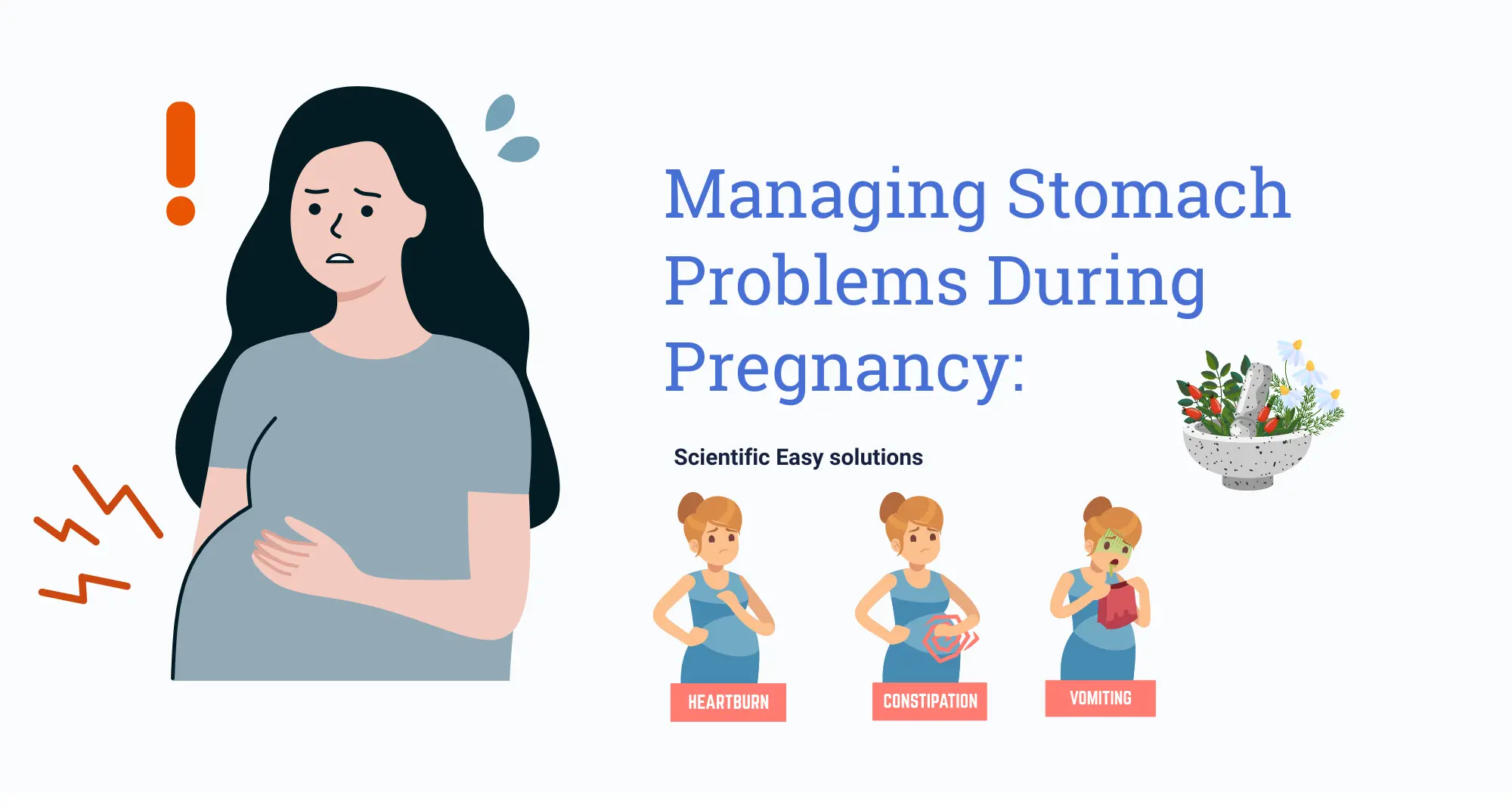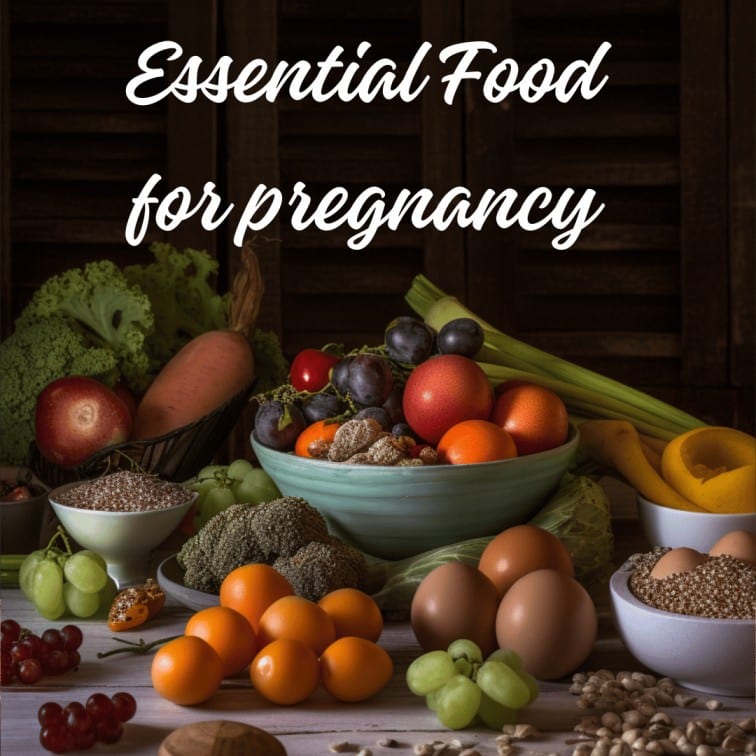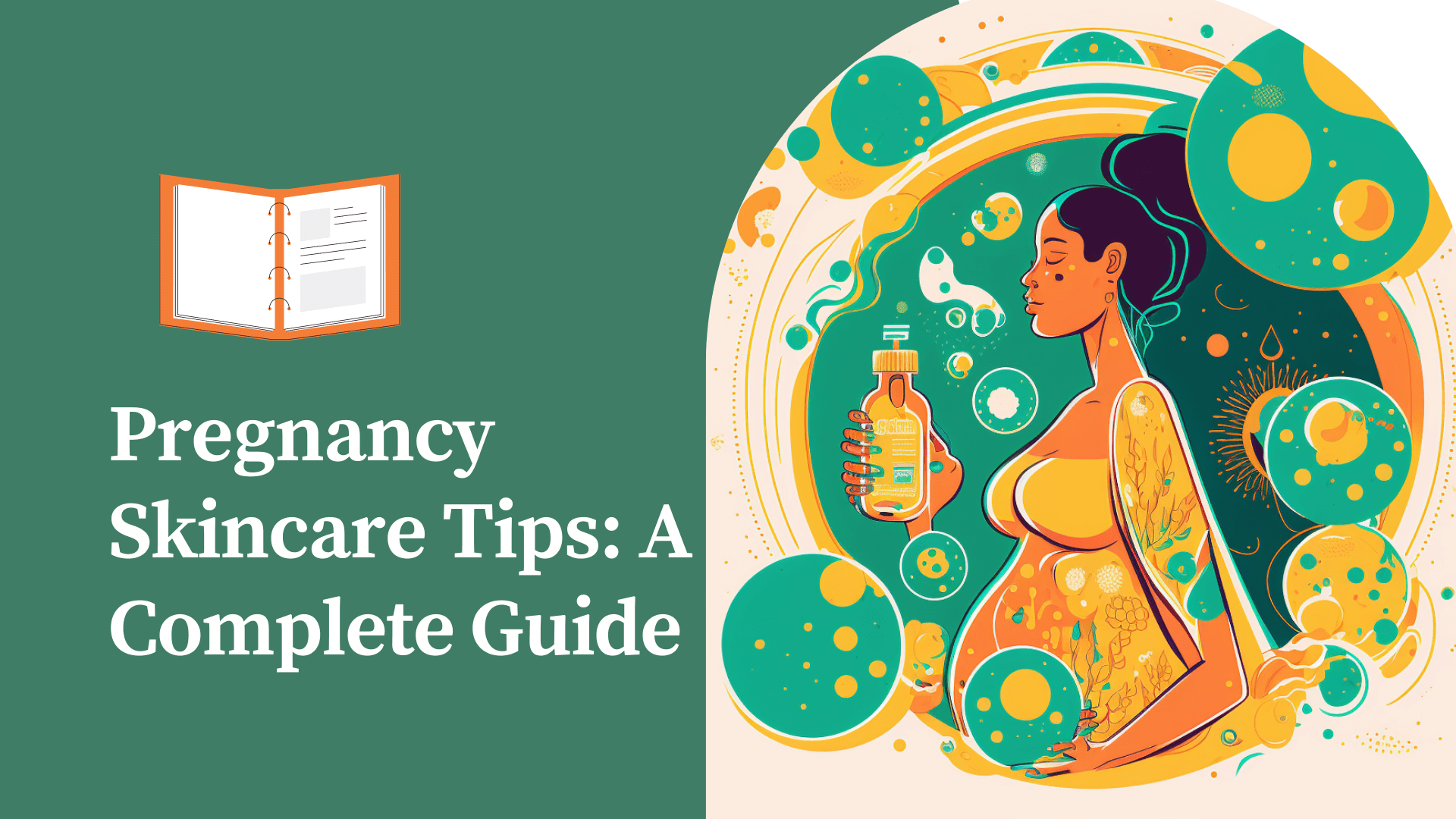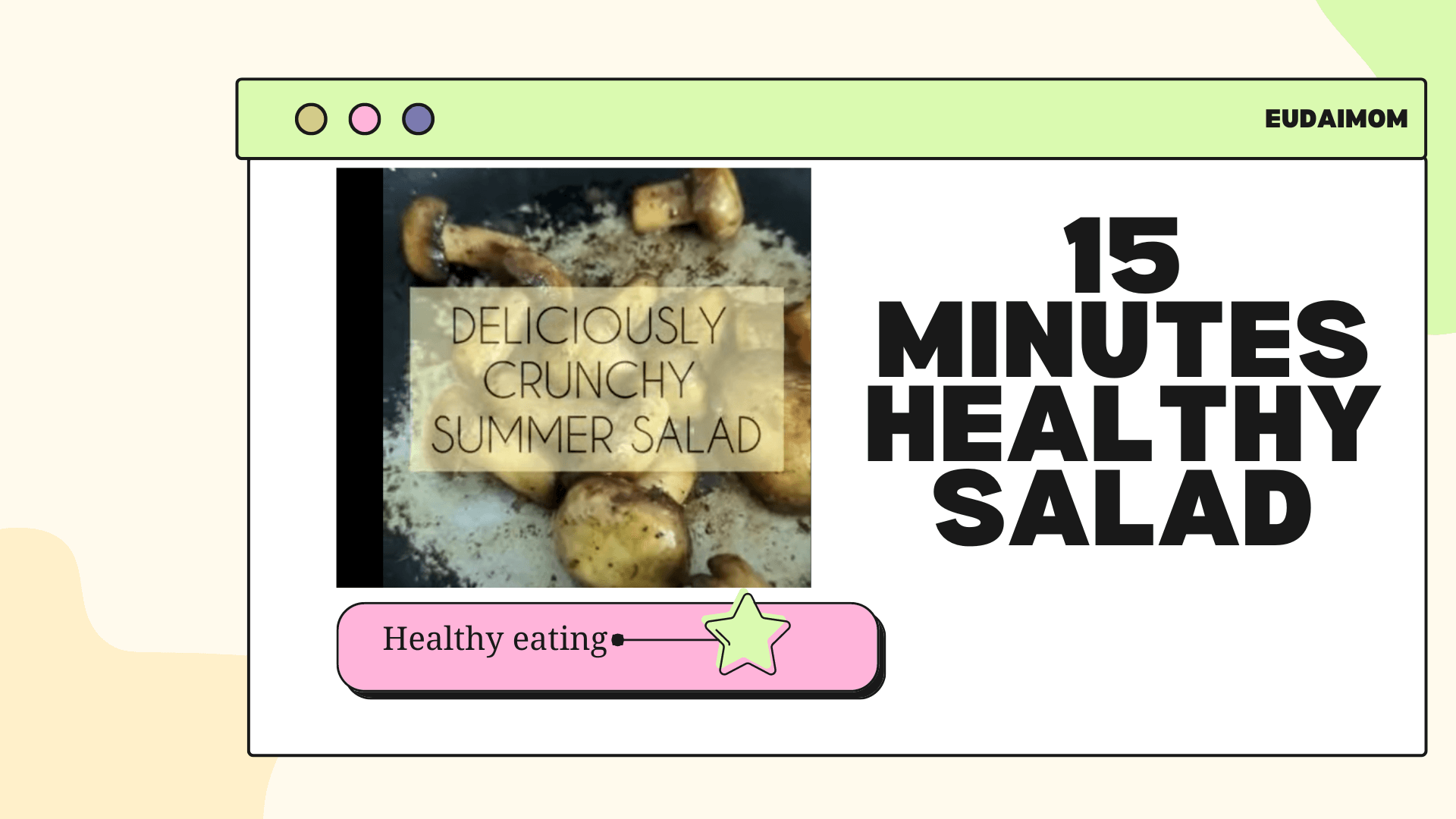What is PCOS?
Polycystic ovary syndrome (PCOS) is a hormonal disorder common among women of reproductive age. Polycystic ovary syndrome affects 6 to 15% of reproductive age women worldwide. Women with PCOS may have infrequent or prolonged menstrual periods or excess male hormone (androgen) levels. The ovaries may develop numerous small collections of fluid (follicles) and fail to regularly release eggs.
The exact cause of PCOS is unknown, but early diagnosis and treatment can help reduce the risk of heart diseases and type 2 Diabetes.
Symptoms of PCOS-Polycystic ovary syndrome
There are quite a few common symptoms of PCOS which develop during puberty. If you are suffering from at least 2 of the below mentioned, you might be suffering from PCOS-
- Irregular periods– Infrequent, irregular or prolonged menstrual cycles are the most common sign of PCOS. For example, you might have fewer than nine periods a year, more than 35 days between periods and abnormally heavy periods.
- Excess androgen– Elevated levels of male hormones may result in physical signs, such as excess facial and body hair (hirsutism), and occasionally severe acne and male-pattern baldness.
- Polycystic ovaries– Your ovaries might be enlarged and contain follicles that surround the eggs. As a result, the ovaries might fail to function regularly.
Complications / Problems-
Unfortunately, quite a few complications can arise due to PCOS which might affect you in the long term. It can include the following-
- Troubles in conceiving
- Infertility
- Gestational Diabetes
- Pregnancy induced high blood pressure
- Nonalcoholic steatohepatitis — a severe liver inflammation caused by fat accumulation in the liver
- Metabolic syndrome — a cluster of conditions including high blood pressure, high blood sugar, and abnormal cholesterol or triglyceride levels that significantly increase your risk of cardiovascular disease
- Sleep apnea
- Type 2 Diabetes
- Depression
- Endometrial Cancer
- Anxiety
- Eating disorders
- Acne
Complications related to Pregnancy-
Sometimes women might have trouble conceiving/getting pregnant if they have PCOS.This is because the high levels of male hormones prevent the release of an egg (ovulation).Women with PCOS are three times more likely to have a miscarriage, as compared to women who don’t have PCOS. They are also more likely to develop preeclampsia, gestational diabetes, and have a larger baby and premature delivery. This could lead to difficulty during delivery or a cesarean delivery.
But with early diagnosis and correct treatment, this problem can be reduced significantly.
How do you manage PCOS with Yoga & Meditation?
Meditation is a great way to destress. It balances the autonomic nervous system which then release “happy hormones” which in turn increase the body’s immunity and decrease stress levels. Over a period of time if gentle movement is added to one’s meditation regime, it can reduce weight, keep one flexible and strong, reduce period pain and bloating over a time period as short as three months.
Some of the movements that you can explore for a healthy gut and relieving period pain are;
- Cat pose or marjariasana
- Butterfly or baddhakonasana
- Cobra or bhujangasan
- Horse pose or ashwasanchalasana
- Forward bends or uttanasana
- 12 rounds of Surya namaskar everyday for a full body practice
How to Increase chances of conceiving?
You can increase your chances of getting pregnant by:
- Being a healthy weight — even a 5 to 10% loss in weight has been shown to significantly increase the chance of becoming pregnant
- Healthy eating
- Exercise
- Monitoring ovulation and timing sexual intercourse around ovulation
If you have made some changes and that still hasn’t helped, your doctor might order fertility tests and prescribe fertility medications to help you ovulate. If medications don’t work, your doctor might suggest surgery to remove a tiny amount of tissue that produces excess male hormones in the ovaries. Another option is in vitro fertilization (IVF), which offers the best chance of conception. However, this can be expensive and is usually only considered when all other options have been unsuccessful. Fortunately, with lifestyle changes or infertility treatment, the majority of women with PCOS do become pregnant.
Lifestyle changes can include quite a lot of things. It is basically about bringing positive changes in yourself. Consuming a balanced diet with all the required nutrients, getting an adequate amount of sleep, giving up smoking, reducing alcohol consumption, exercising or practicing yoga regularly and many more.
Complications during pregnancy-
There are a few issues that might crop us during pregnancy too-
- Gestational diabetes
- High blood pressure
- Miscarriage
- Premature birth
If you have PCOS and are pregnant, it is important you talk with your doctor. The risk of these complications can be reduced by monitoring PCOS symptoms and taking extra care during your pregnancy. Keep working towards a balanced lifestyle as it will help manage symptoms and reduce physical discomfort over a period of time. You body has its own intelligent mechanism and it can transform with a little support from you.
Information Source: Mayo Clinic













